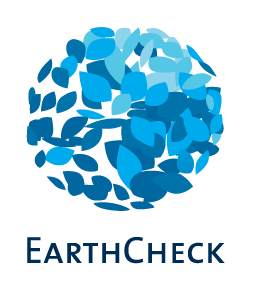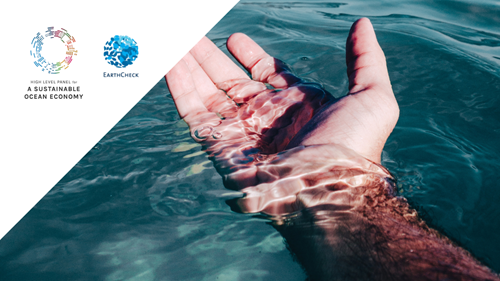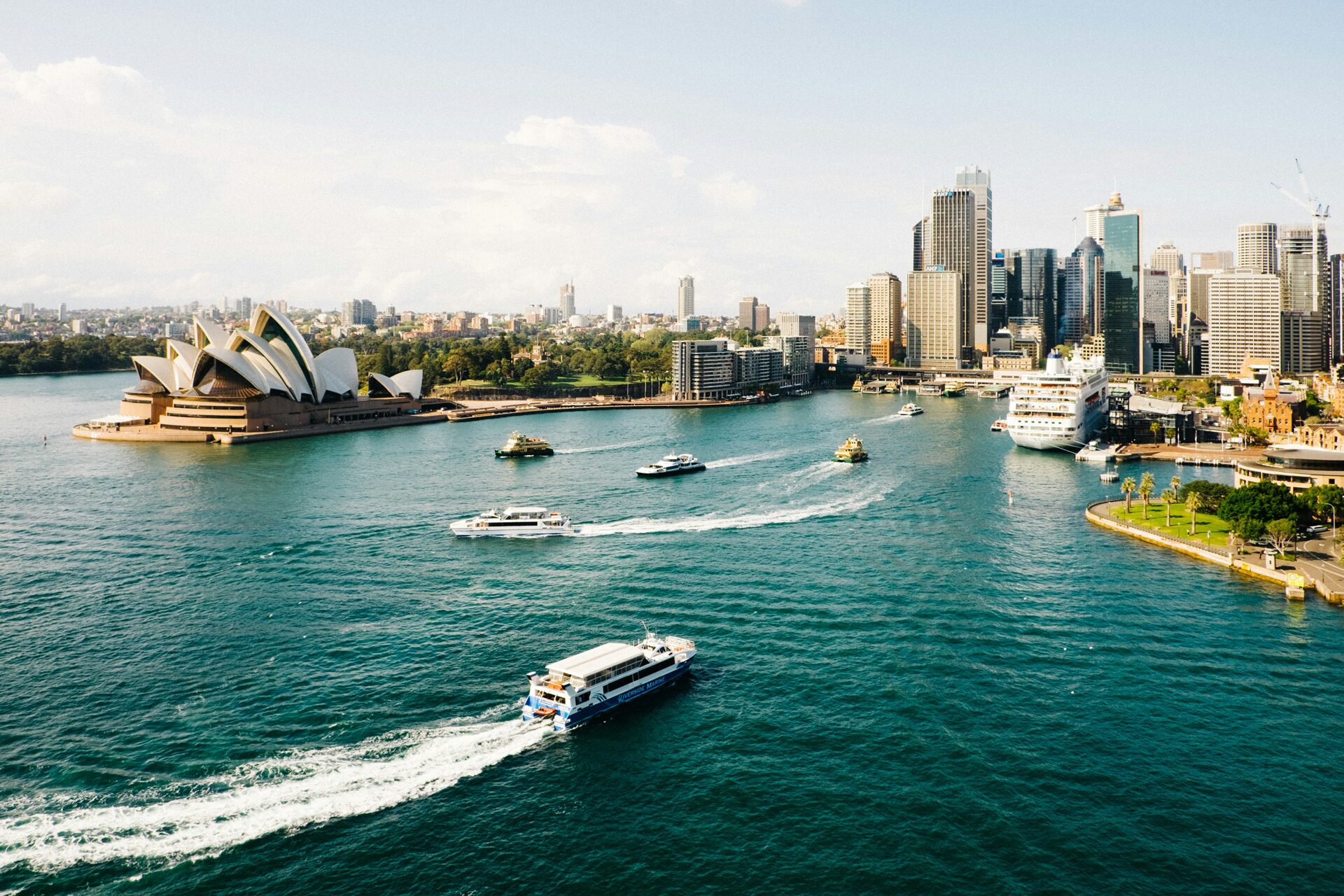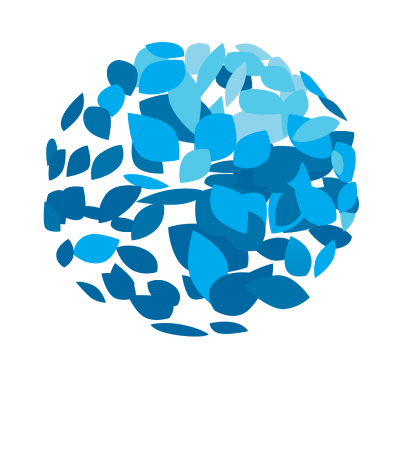The High Level Panel for Sustainable Ocean Economy (Ocean Panel) has commissioned the largest body of knowledge dedicated to understanding how to shift coastal and marine tourism to a more sustainable, regenerative and resilient model.
The Ocean Panel is a unique global initiative serving world leaders working to build momentum towards a sustainable ocean economy in which effective protection, sustainable production and equitable prosperity go hand-in-hand. By enhancing humanity’s relationship with the ocean, bridging ocean health and wealth, working with diverse stakeholders and harnessing the latest knowledge, the Ocean Panel aims to facilitate a better, more resilient future for people and the planet.
Coastal and marine tourism constitutes at least 50% of global tourism and has the potential to lay the foundation for a sustainable ocean economy if investment is made now to reduce its negative impacts, improve its resilience and focus on the regeneration of ecosystems, communities and culture.
In addition to the Special Report, the Ocean Panel has commissioned over 40 Expert Perspectives developed by global experts from the tourism industry, NGOs, IGOs, academia and government, responding to one of ten writing prompts on emerging issues for the future of coastal and marine tourism. EarthCheck Chief Scientist and Vice President Relationship Management Melinda Watt was invited to comment on Partnerships: Building public private partnerships for innovation.

This timely collection of information represents a comprehensive understanding of marine and coastal tourism worldwide by bringing together a wide range of stakeholders from a broad range of geographies. It showcases the global scale and impact of the opportunities presented by transforming the coastal and marine tourism industry.
The report takes a comprehensive look at the economic importance of the coastal and marine tourism sector, key future trends that will affect it, and based on an extensive literature review and over 32 case studies, presents a set of priorities to secure the long-term sustainability and viability of the sector as part of recovery efforts from the global COVID-19 pandemic.
The report finds that coastal and marine tourism represents approximately 50 per cent of total global tourism, including tourism infrastructure, impact, visitation, and spending.
It constitutes the most significant economic sector for most Small Island Developing States and many coastal states. By 2030, coastal and marine tourism will likely represent the largest ocean economy sector, employing approximately 8.5 million people.
The report is being showcased at an official UN Ocean Conference side event today focusing on resilient coastal and marine tourism and coastal cities.
This week Australia’s new Environment Minister, Tanya Plibersek, received an enthusiastic welcome in Lisbon at the UN Ocean Conference after flagging five new blue carbon projects and declaring that “under the new Australian government, the environment is back – front and centre”.
As well as increasing climate ambition, Plibersek said Labor intend to double the number of Indigenous rangers by the end of the decade and learn from traditional methods of caring for land and sea country.
“For more than 65,000 years, Australia’s Indigenous people have cared for land and sea country – ‘country’ being so much more than its physical properties,” Plibersek said. “There is much Australia, and the world, can learn from their example.”
For more information on the Ocean Panel please visit oceanpanel.org. To read the Joint Statement by Ocean Panel Leaders at the United Nations Ocean Conference please visit here
